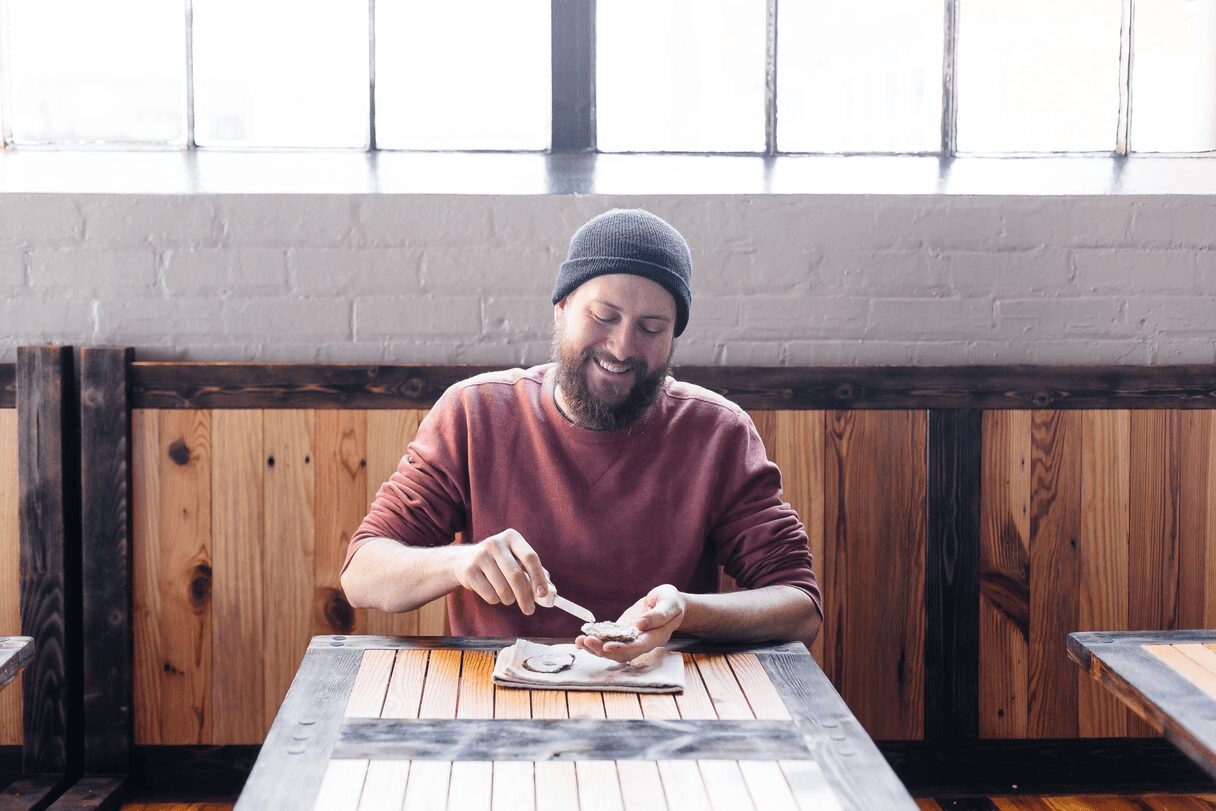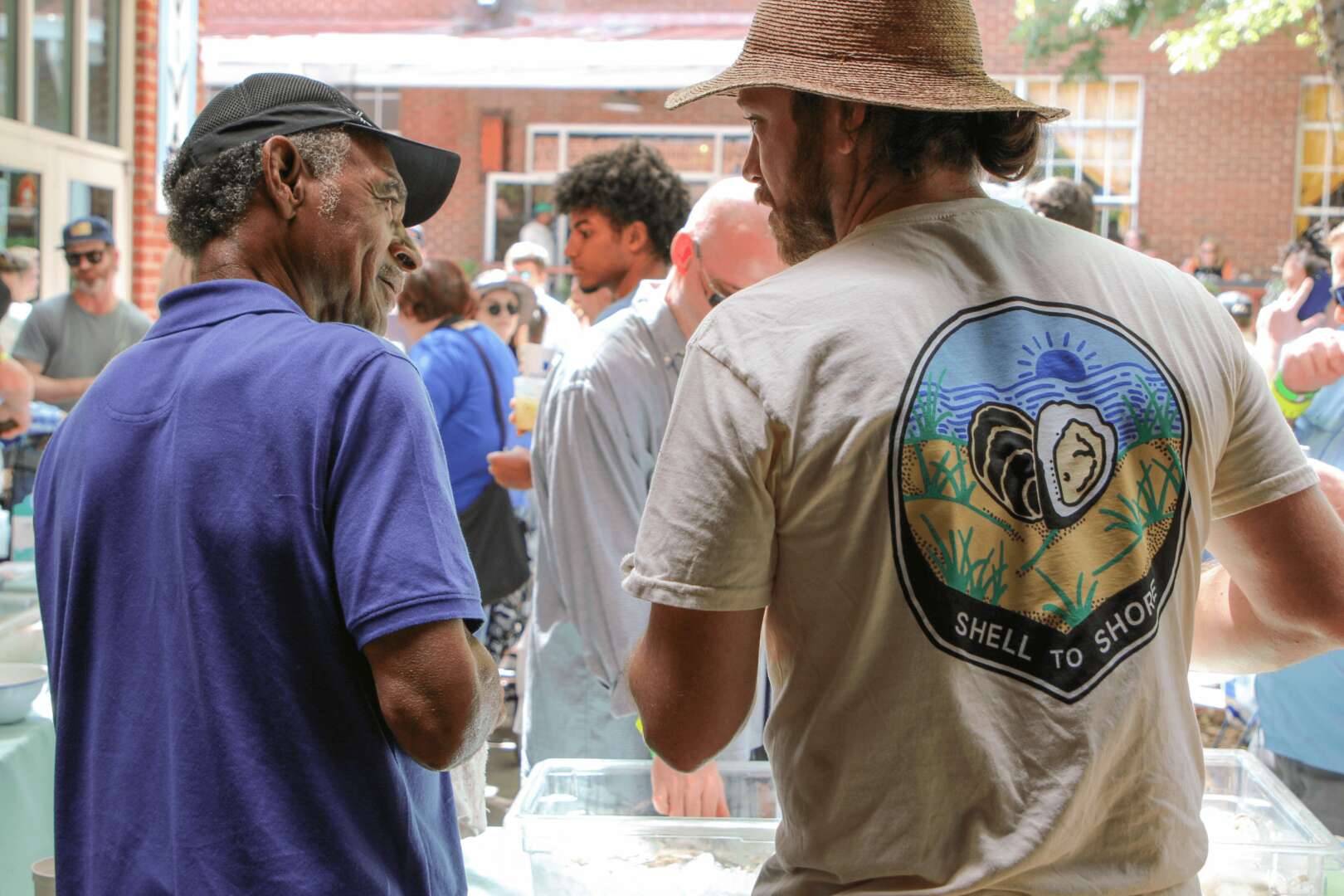We caught up with the brilliant and insightful Hunt Revell a few weeks ago and have shared our conversation below.
Hi Hunt, thanks for joining us today. Can you talk to us about growing your team – how did you recruit the first few people, what was the process like, how’d you go about training and if you were to start over today would you have done anything differently?
Shell to Shore was completely volunteer run until January 2024, when a Coastal Incentives Grant from the Department of Natural Resources made it possible for us to hire one full-time position to coordinate all of our oyster shell recycling, education and restoration initiatives.
We have a great group of core volunteers committed to the cause and energetic about events. Volunteers find us via word of mouth, social media and our presence at several big oyster festivals throughout the State of Georgia.
Several of our most core volunteers are also now our officers and board members. These folks help manage the day-to-day work of the organization and also keep us informed of big-picture opportunities and activities around our work.
We are still recruiting! We hope to bring on at least one more full-time position this year, and if we are lucky with development and funding, 2-3 more positions in the next 1-3 years.
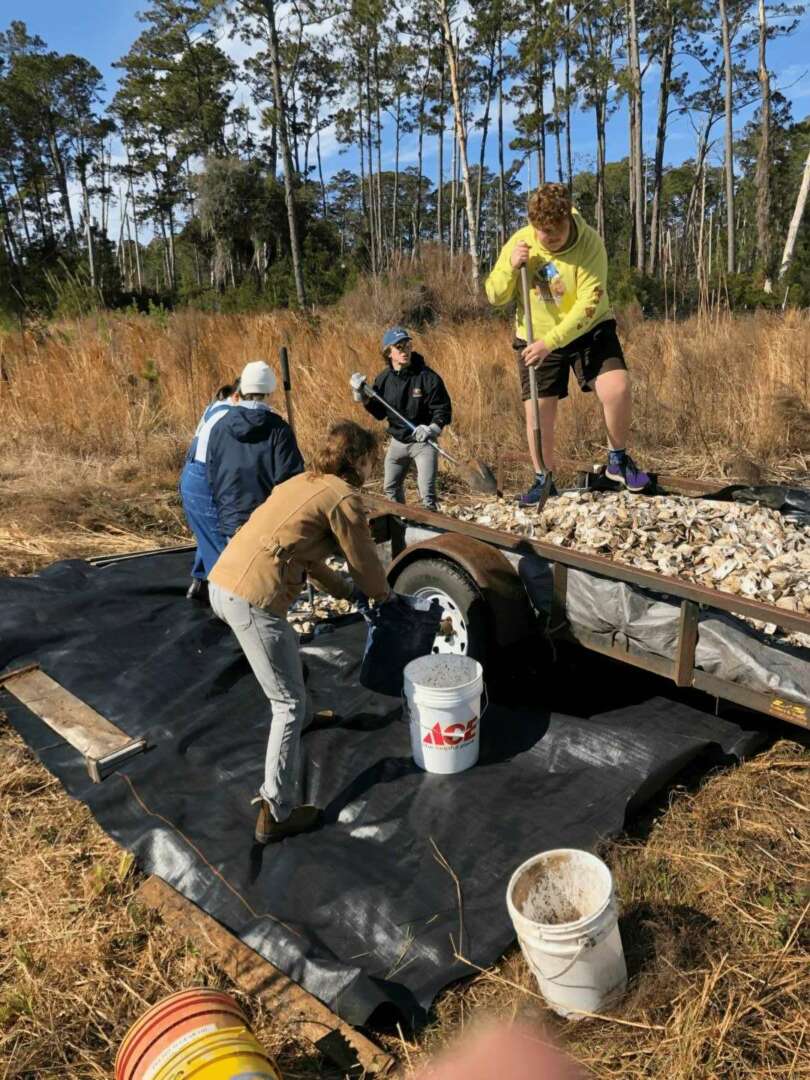
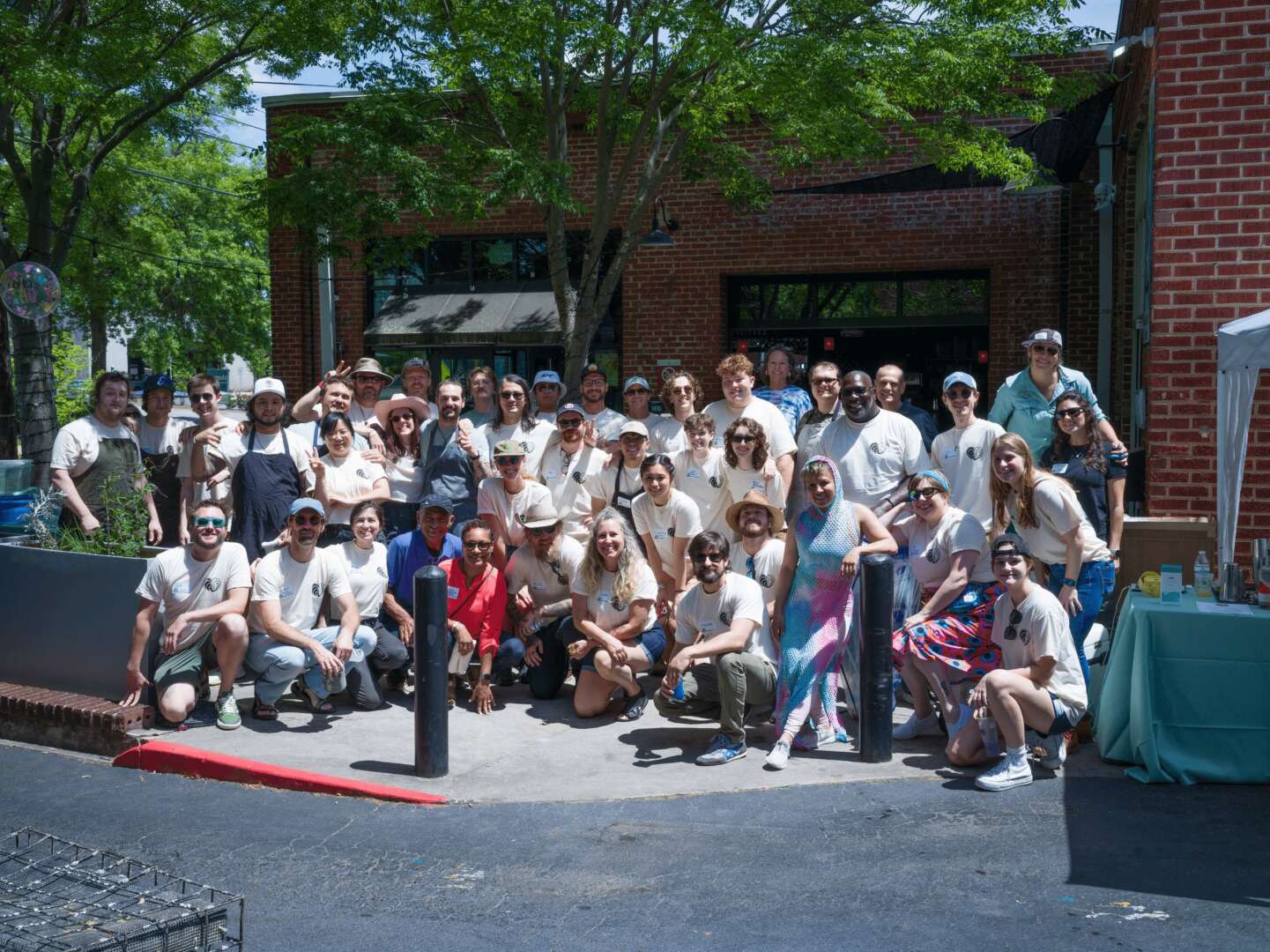
Awesome – so before we get into the rest of our questions, can you briefly introduce yourself to our readers.
I am now a full-time lawyer, having gone back to law school at the age of 35 after 2 short, 5-6 year careers in education and restaurant management, both of which I thoroughly enjoyed.
While in law school, I also co-founded Shell to Shore, an oyster shell recycling project based in Athens, Georgia. In doing so, I was able to combine my previous restaurant and education work with new knowledge about Georgia’s oyster aquaculture laws and regulations and apply them to Shell to Shore’s mission to help keep oyster shells out of landfills and get them back in Georgia’s coastal waters, where they can make a big ecological impact.
Life gets busy. I’ve always had several different projects going on at one time, and it can be difficult. I’m proud that, as a group, we’ve been able to build a good brand that stands for good work, and we’ve created an organizational structure that can continue to make the work more efficient and hopefully continue our internship program and create a couple of jobs for the next generation of people who care about Georgia’s environment.
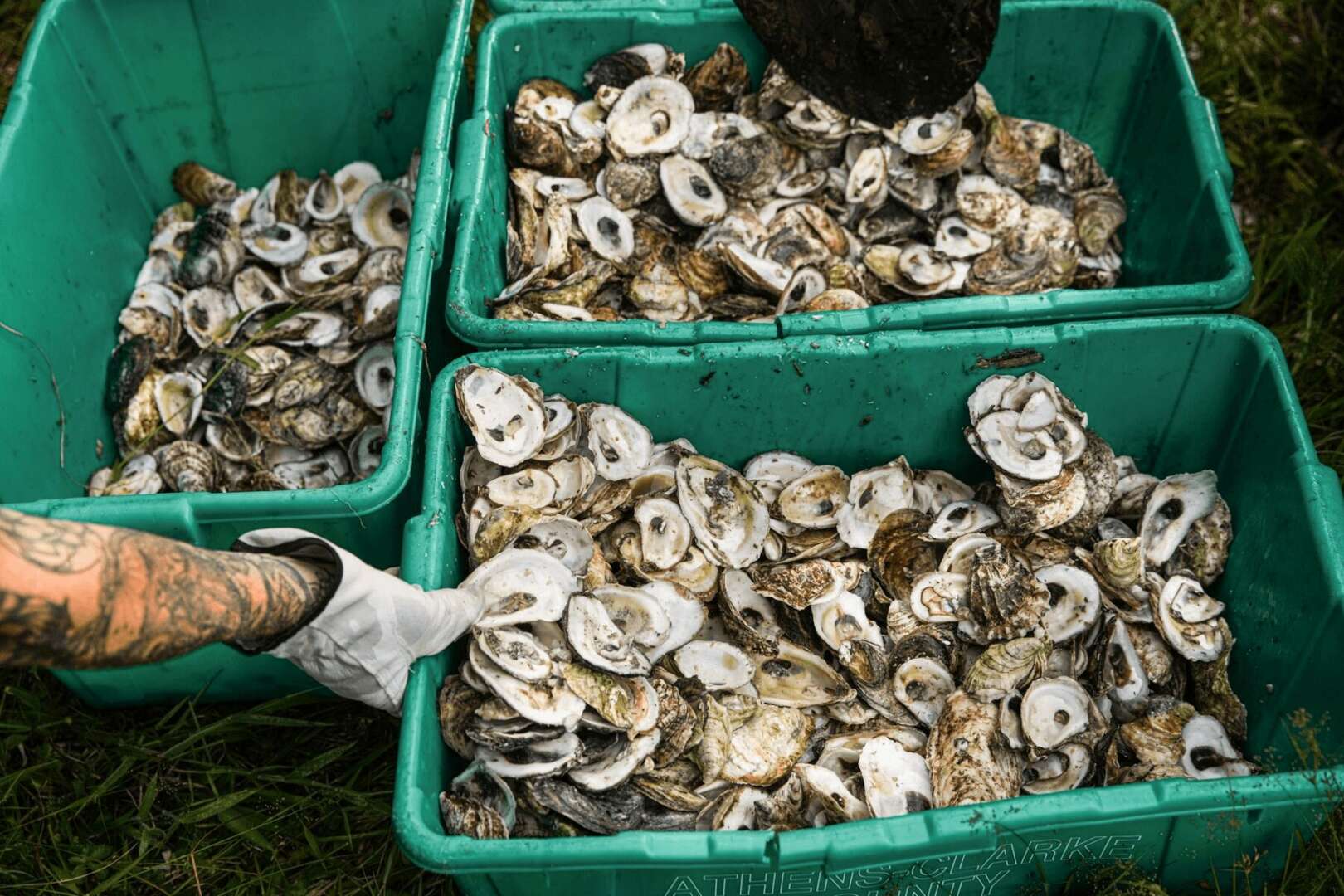
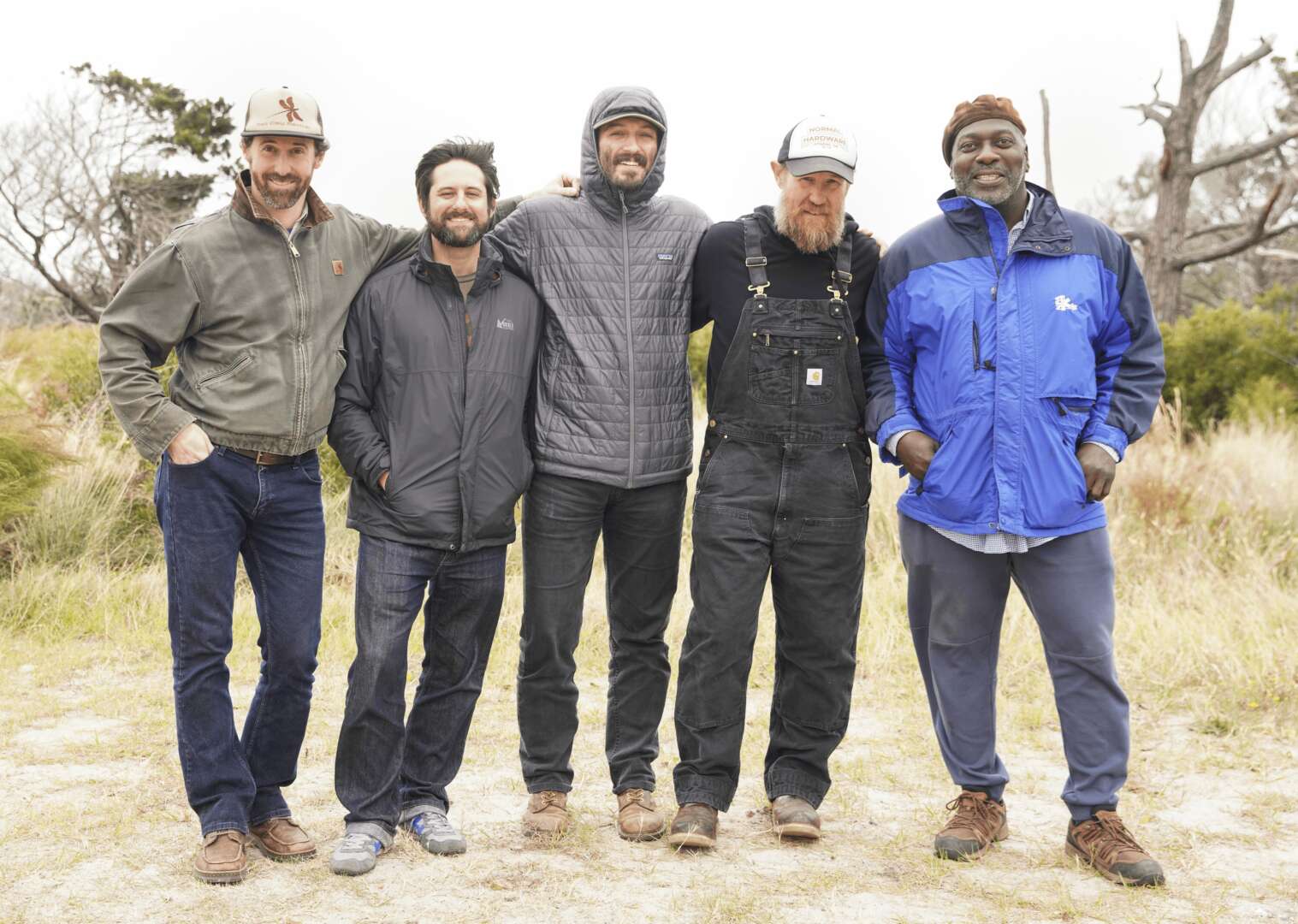
We’d love to hear about how you met your business partner.
Tyler Leslie and I worked together at Seabear Oyster Bar in Athens, Georgia. I was the beverage director, and he was an oyster shucker. We often talked about the things we could do with the discarded oyster shells but we were too busy to figure out a system to make it happen.
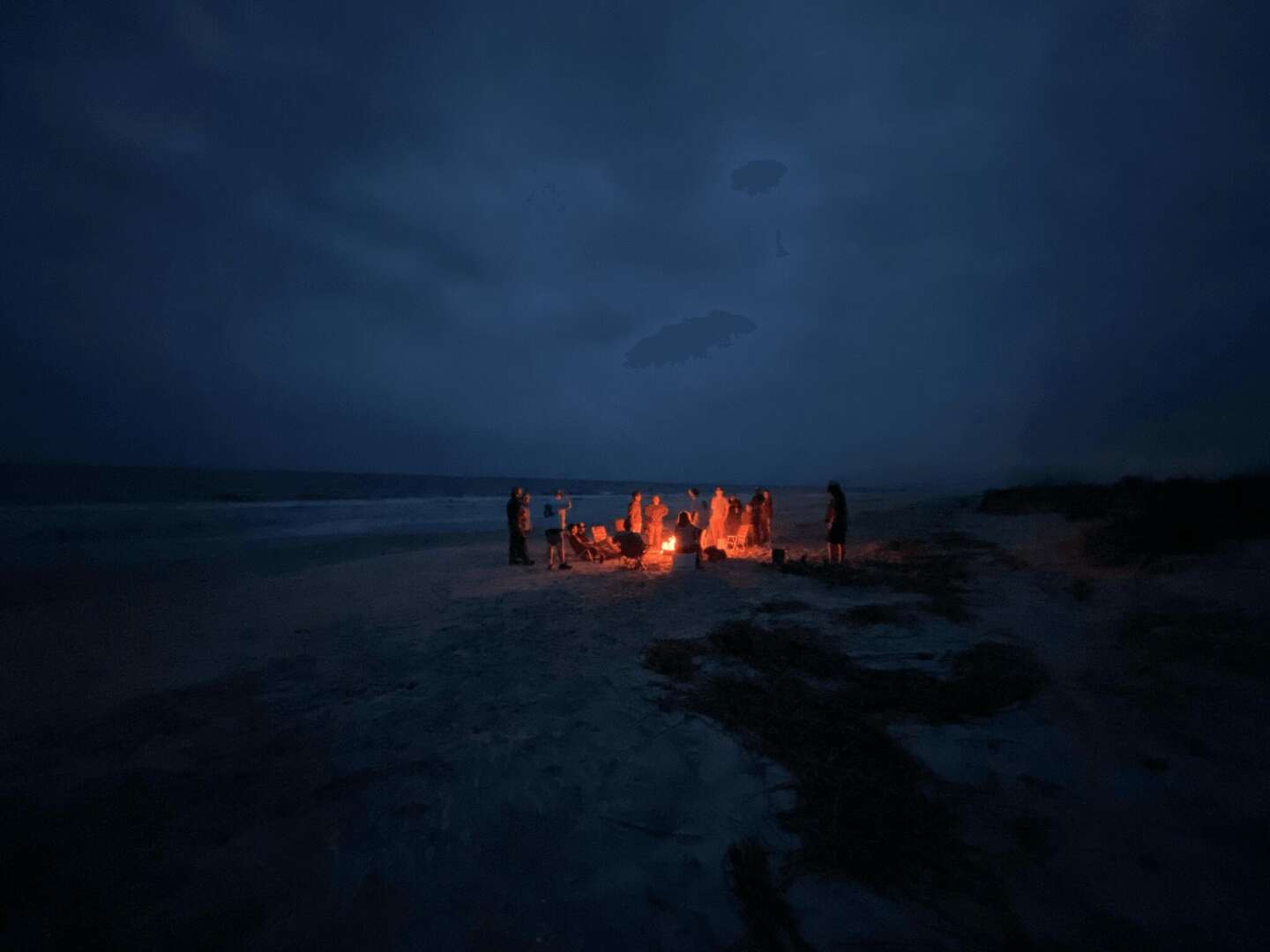
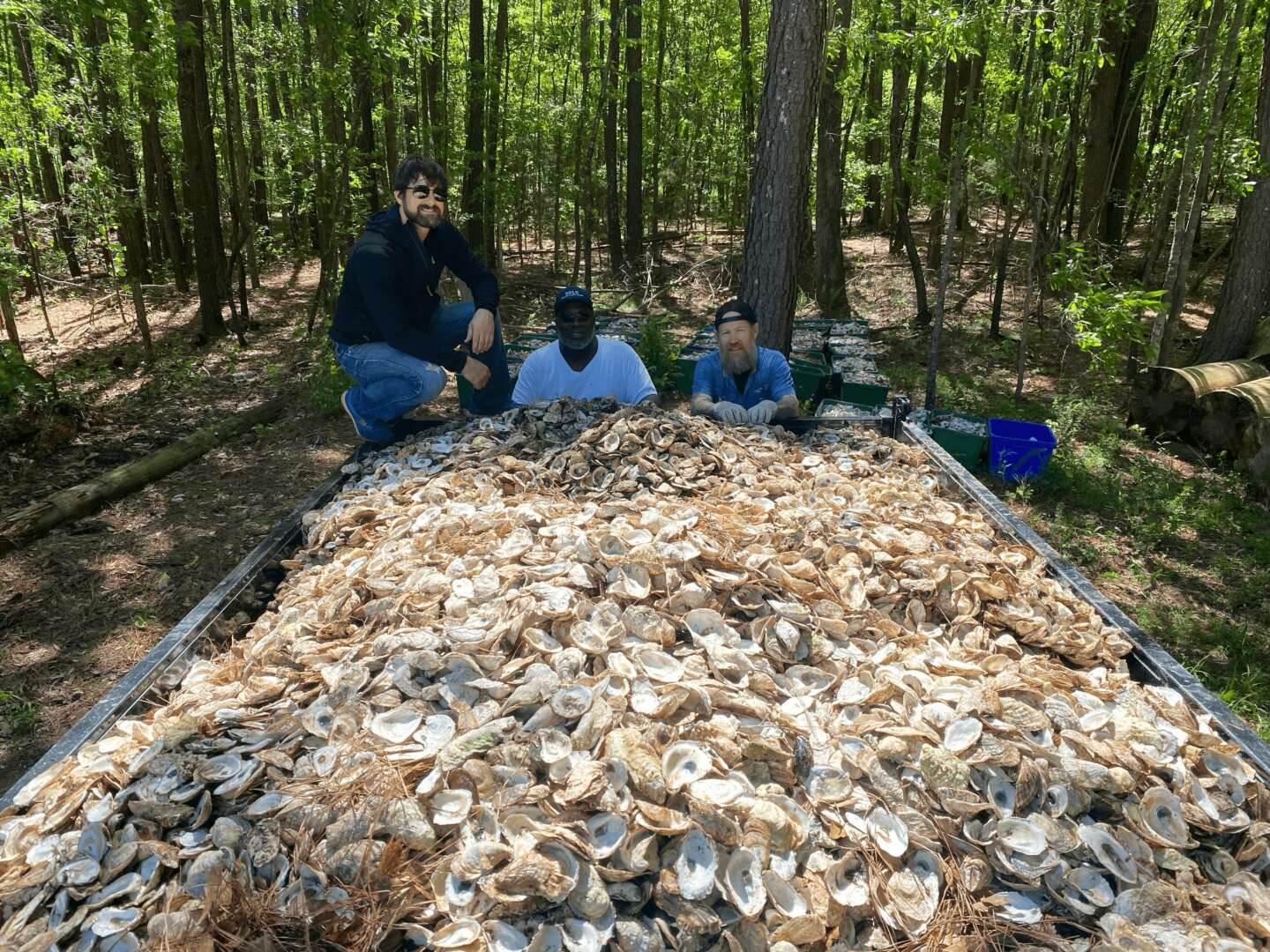
Can you talk to us about how your funded your business?
Through some of our statewide contacts, we learned about The Nature Conservancy’s Supporting Oyster Aquaculture and Restoration Program, which is a program that debuted during the COVID-19 pandemic to aid the oyster aquaculture industry while also promoting restoration projects. We took a leap and applied for the grant, and to our great surprise, received it! Now, here we are.
Contact Info:
- Website: https://www.shelltoshore.com/
- Instagram: https://www.instagram.com/shell_to_shore/
